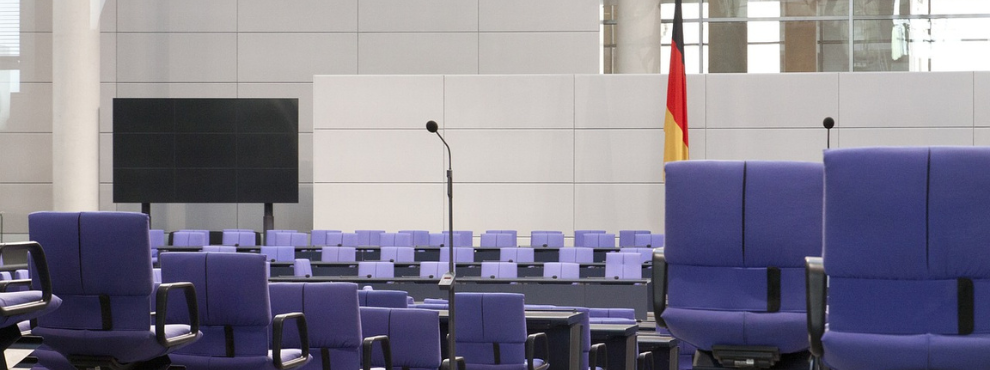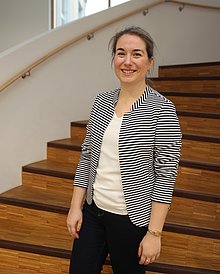Vote of confidence and then? UW/H Professor Dr. Lukas Stötzer with a clear forecast
On December 16, 2024, Federal Chancellor Olaf Scholz will face a vote of confidence in the Bundestag. A formal act that marks a turning point in the current political landscape.

Prof. Dr Lukas Stötzer is an expert in election forecasting and political behaviour at Witten/Herdecke University (UW/H); he analyses the possible consequences of the vote of confidence and predicts: "As expected, Olaf Scholz will lose the vote of confidence. New elections are inevitable and the CDU/CSU will probably become the strongest force," says Stötzer. "A grand coalition with the SPD is the most likely scenario at the moment."
The election campaign has long since begun
The political mood is tense. While the SPD and Olaf Scholz are struggling with falling popularity ratings, CDU leader Friedrich Merz has not lost any support in recent months. Current polls show that Merz has a slight lead in the current race for the chancellorship. This could be a decisive advantage for the CDU in the election campaign. Accordingly, Merz seems determined not to make any serious mistakes before the elections in order to maintain this lead.
Nevertheless, the election campaign will be anything but calm. Stötzer sees increasing radicalisation: "The political fringes, especially the AfD, will continue to gain support in the upcoming election." Even though the AfD plays a decisive role in the discourse with around 20 per cent in the polls, it is largely excluded from forming a government due to its political isolation.
Economic issues come to the fore
With a view to the vote of confidence and the time until the new elections, a change of focus is emerging in the public debate. "Economic issues such as taxes, migration and national debt are becoming more important again," predicts Stötzer. In contrast, issues such as environmental and climate protection or socio-political discourse such as questions of equality and diversity could take a back seat.
Political fragmentation as a challenge
According to Stötzer, the increasing fragmentation of the political landscape remains a key challenge. Smaller parties run the risk of failing to reach the five per cent threshold, which makes forming a government even more difficult. Nevertheless, Stötzer sees a grand coalition between the CDU and SPD as the most likely option: "Such a constellation could offer stability, but at the same time harbours the risk that urgently needed reforms will stall."
Photos for download
Contact person

Miriam Kreimeyer
Communications Officer
Administration | Communication & Marketing
Alfred-Herrhausen-Straße 48
58455 Witten
Room number: 2.F05
